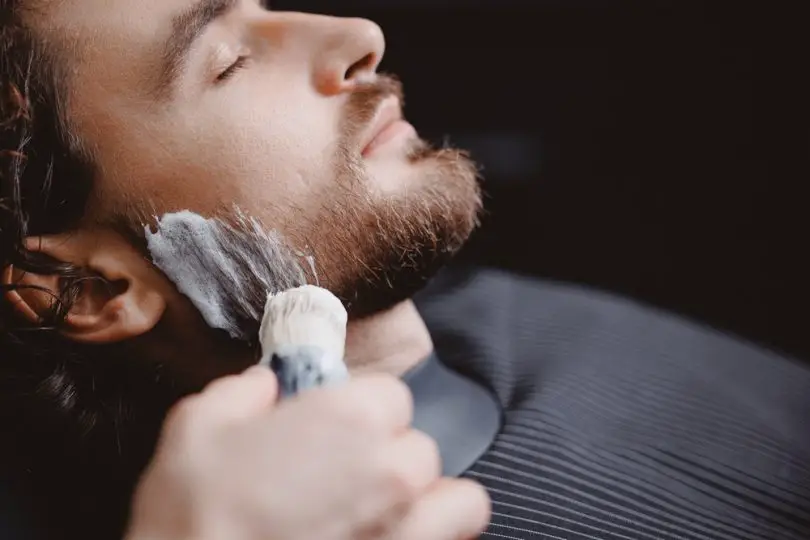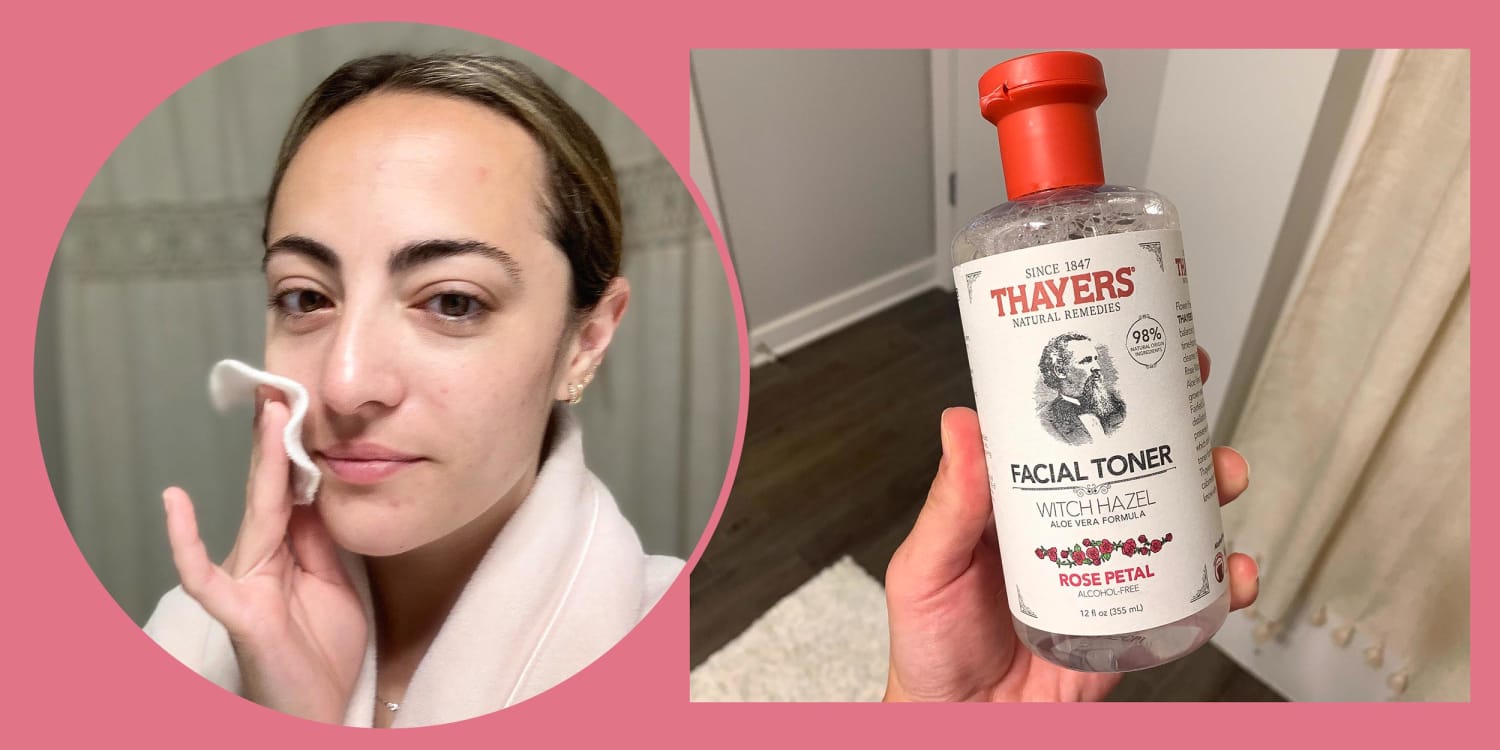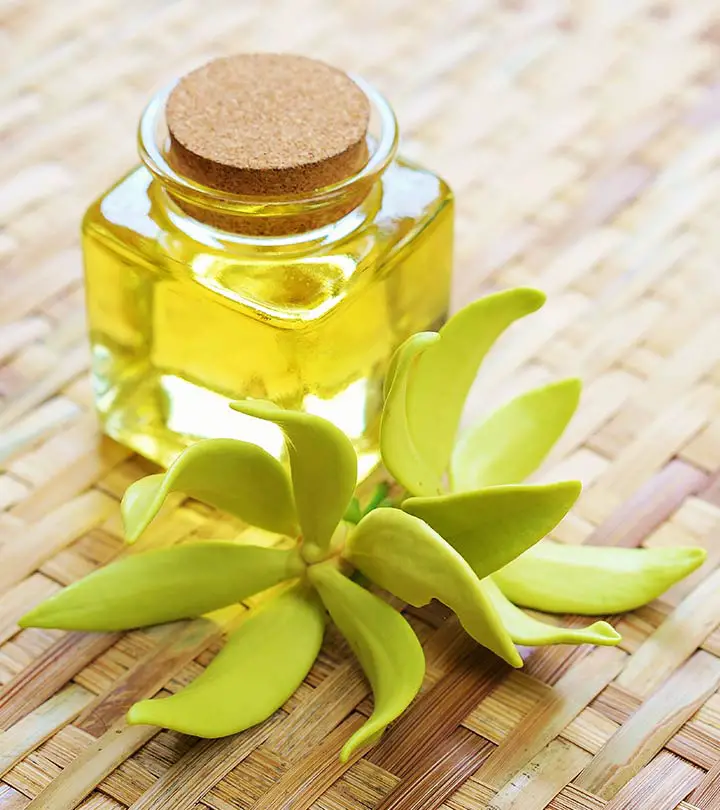Beard grooming and care have become increasingly popular in recent years, with many seeking natural remedies to enhance their beard’s appearance and growth. Among these remedies, rosemary oil often emerges as a popular contender. But does rosemary oil actually help beard growth? Let’s explore the science, benefits, and practical applications of this essential oil for beard enthusiasts.
The Science Behind Rosemary Oil
Rosemary oil is extracted from the aromatic herb Rosmarinus officinalis, which has been used for centuries in traditional medicine. Its active components, such as rosmarinic acid, caffeic acid, and 1,8-cineole, are known for their antioxidant, anti-inflammatory, and antimicrobial properties. These attributes contribute to its potential benefits for hair and skin health.
Rosemary Oil and Hair Growth
Research into rosemary oil’s effects on hair growth provides some promising insights:
- Improved Blood Circulation: Rosemary oil is believed to enhance blood flow to the scalp and skin. Improved circulation ensures better delivery of nutrients and oxygen to hair follicles, promoting healthier hair growth.
- Reduction of DHT-Related Hair Loss: Studies suggest that rosemary oil may help inhibit the effects of dihydrotestosterone (DHT), a hormone linked to hair loss in some individuals. By mitigating DHT’s impact, rosemary oil could potentially prevent thinning and promote fuller hair growth.
- Stimulation of Follicles: Rosemary oil is often compared to minoxidil, a clinically-proven hair growth treatment. A 2015 study found that rosemary oil was as effective as 2% minoxidil in promoting hair growth, making it a promising natural alternative.
Does It Work for Beards?
While most research focuses on scalp hair, the principles of hair growth apply broadly to facial hair as well. For men looking to grow a thicker, healthier beard, rosemary oil can offer several potential benefits:
- Strengthening Hair Follicles: The antioxidants in rosemary oil can protect hair follicles from damage, resulting in stronger, less brittle beard hair.
- Moisturizing the Skin: Rosemary oil’s hydrating properties help prevent dry skin and dandruff, both of which can hinder beard growth.
- Reducing Irritation: Its anti-inflammatory properties soothe the skin, creating a healthier environment for hair growth.
How to Use Rosemary Oil for Beard Growth
If you’re considering incorporating rosemary oil into your beard care routine, here’s how to do it safely and effectively:
- Dilute It: Essential oils are potent and should never be applied directly to the skin. Mix a few drops of rosemary oil with a carrier oil like jojoba, coconut, or argan oil.
- Massage Into Your Beard: Apply the diluted oil to your beard and the skin beneath it. Massage gently in circular motions to stimulate blood flow and ensure even coverage.
- Use Consistently: Consistency is key for results. Incorporate this into your daily or weekly grooming routine.
- Combine With Other Practices: Pair rosemary oil with a balanced diet, proper hydration, and regular exfoliation to maximize beard growth potential.
Precautions
While rosemary oil is generally safe, it may cause irritation in some individuals. Always perform a patch test before full application, and avoid using it if you have allergies or sensitive skin. If irritation occurs, discontinue use and consult a dermatologist.
Conclusion
While scientific evidence specific to rosemary oil’s effects on beard growth is limited, its known benefits for hair health make it a promising addition to your beard care regimen. By improving circulation, strengthening hair follicles, and moisturizing the skin, rosemary oil can contribute to a healthier, fuller beard over time. Combined with consistent grooming habits, it’s a natural, cost-effective option worth exploring for beard enthusiasts.













